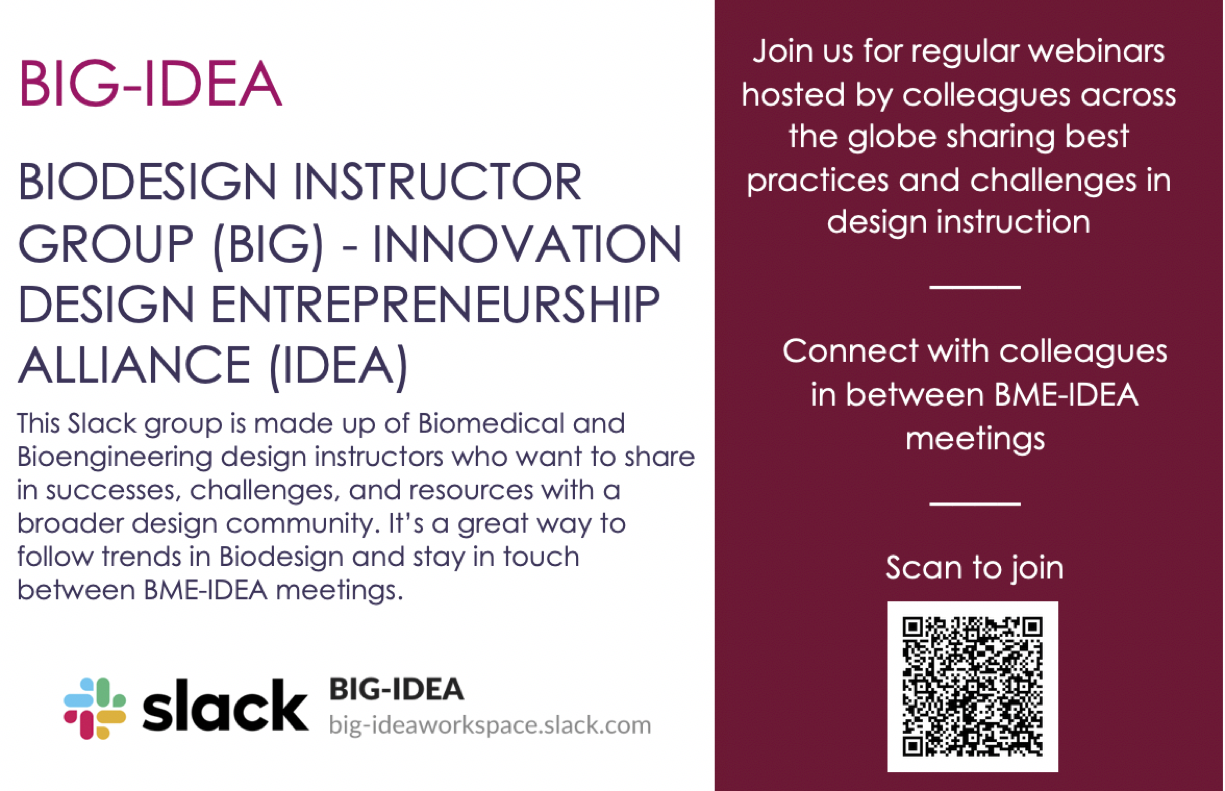The Department of Biomedical Engineering (BME) at The Ohio State University (OSU) is pleased to invite applicants for a Clinical Professor of Practice position at the Assistant or Associate level, available beginning Spring or Summer 2020.
OSU and President Michael Drake are committed to the elevation and advancement of teaching and learning. This is accomplished in part through multiple university-wide incentives and professional development opportunities for all faculty, making OSU a great place to start and/or continue to build a fruitful teaching career.
The BME department was founded in 2006 following a 35-year history as a research center, has 29 departmental faculty members (including 4 Clinical Professors of Practice), and over 70 affiliated graduate faculty across five different colleges. We maintain a tradition of excellence in undergraduate and graduate education and research, with thriving partnerships across campus that include The OSU Wexner Medical Center and the OSU Department of Engineering Education. BME is about to implement a newly revamped undergraduate curriculum, effective autumn 2020, aimed to prepare students for their post-graduate education and/or career goals. We are also developing a new master’s program in Medical Product Development, and will be moving into a new academic and research facility in summer 2020.
The Clinical Professor of Practice position is a non-tenure track, teaching-focused designation necessitated by the growth of our ABET accredited undergraduate major in Biomedical Engineering. We are seeking education innovators who will help grow our evolving undergrad and masters’ curricula. Highly competitive candidates would have significant experience in evidence-based pedagogical teaching techniques, with attention to inclusion of multiple perspectives and demographics.
Summary of Duties:
- Develop and teach undergrad (and some masters) courses and curricula, including Intro to BME, a new Quantitative Principles of Cellular and Molecular Systems course, BME lab courses, and/or engineering design
- Participate in various service activities, including department and college committees
- Disseminate scholarly educational results in conference proceedings (i.e. ASEE, BMES)
- Participate in the obtainment of funding to support the educational goals of the BME department
- Support post-graduation career attainment and/or further education goals for bachelors and master’s students
Required Qualifications:
- Ph.D. in Biomedical Engineering, or terminal degree in a relevant discipline
- Demonstrated (or potential for) record of excellence in teaching and service
- Ability and desire to implement evidence-based pedagogical teaching techniques in the classroom
- Excellent communication and interpersonal skills, as well as the ability and desire to motivate and inspire students
Desired Qualifications:
- Interest in engaging actively with other engineering and non-engineering departments across OSU
- Experience in conducting scholarly research in areas of biomedical engineering education
- Industry experience
Application Instructions: To be considered, please submit your application electronically via Academic Jobs Online: https://academicjobsonline.org/ajo/jobs/14900 Review of applications will begin November 1, 2019 and will continue until the position is filled. For full consideration, please apply by the priority deadline of December 1, 2019. Interested applicants should submit a cover letter, curriculum vita, statements of teaching, scholarly interest summary, diversity and inclusion statement, and names and contact information of three references.General information about the Department of Biomedical Engineering can be found at: https://bme.osu.edu.
The Ohio State University College of Engineering is strongly committed to promoting diversity and inclusion in all areas including scholarship, instruction and outreach. In the cover letter, applicants are asked to describe experiences, current interests or activities, and/or future goals that promote a climate that values diversity and inclusion in one or more of these areas.
The Ohio State University is committed to establishing a culturally and intellectually diverse environment, encouraging all members of our learning community to reach their full potential. We are responsive to dual-career families and strongly promote work-life balance to support our community members through a suite of institutionalized policies. We are an NSF ADVANCE Institution and a member of the Ohio/Western Pennsylvania/West Virginia Higher Education Recruitment Consortium (HERC)
The Ohio State University is an equal opportunity employer. All qualified applicants will receive consideration for employment without regard to race, color, religion, sex, sexual orientation or identity, national origin, disability status, or protected veteran status.
Requires the successful completion of a background check.

